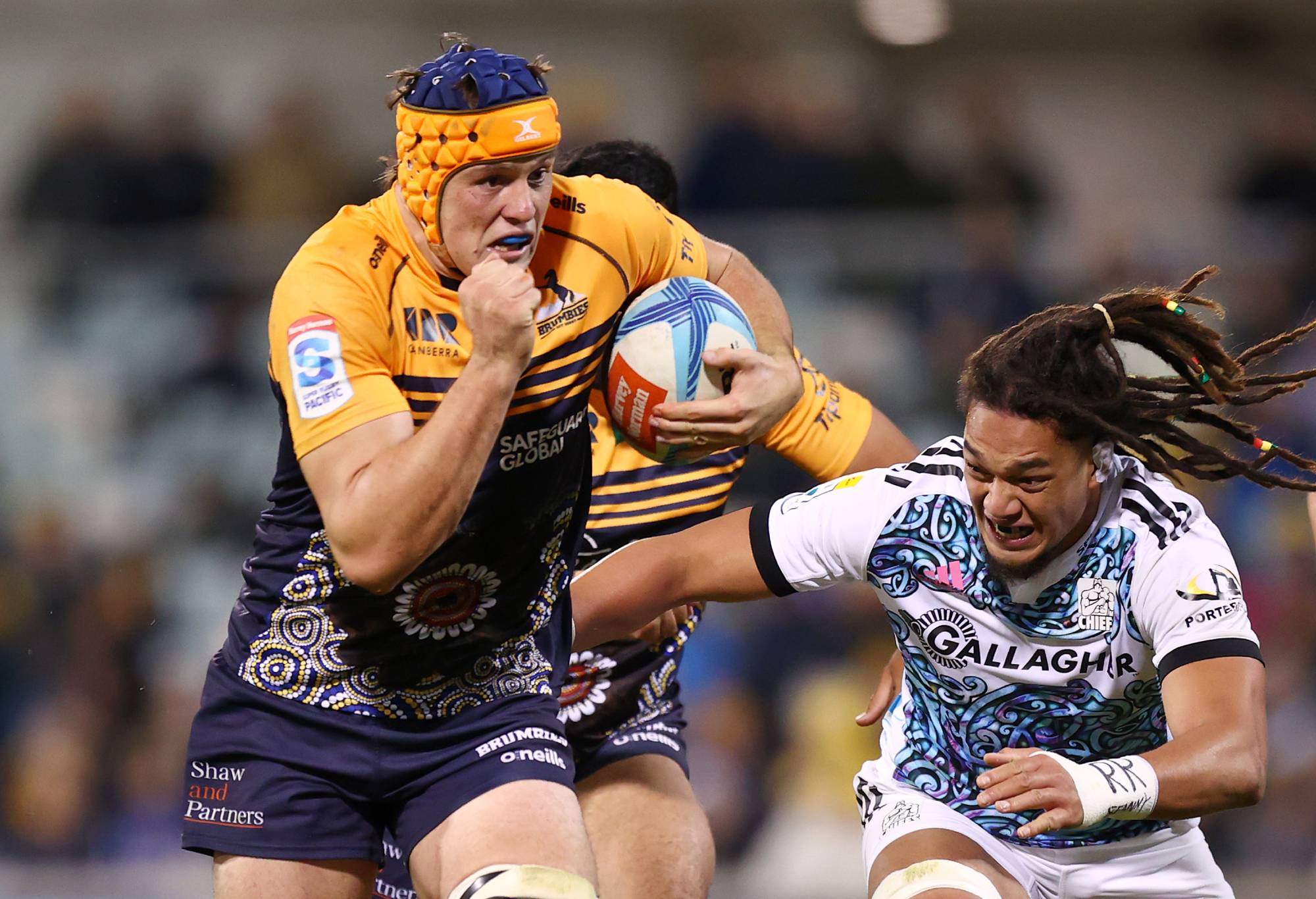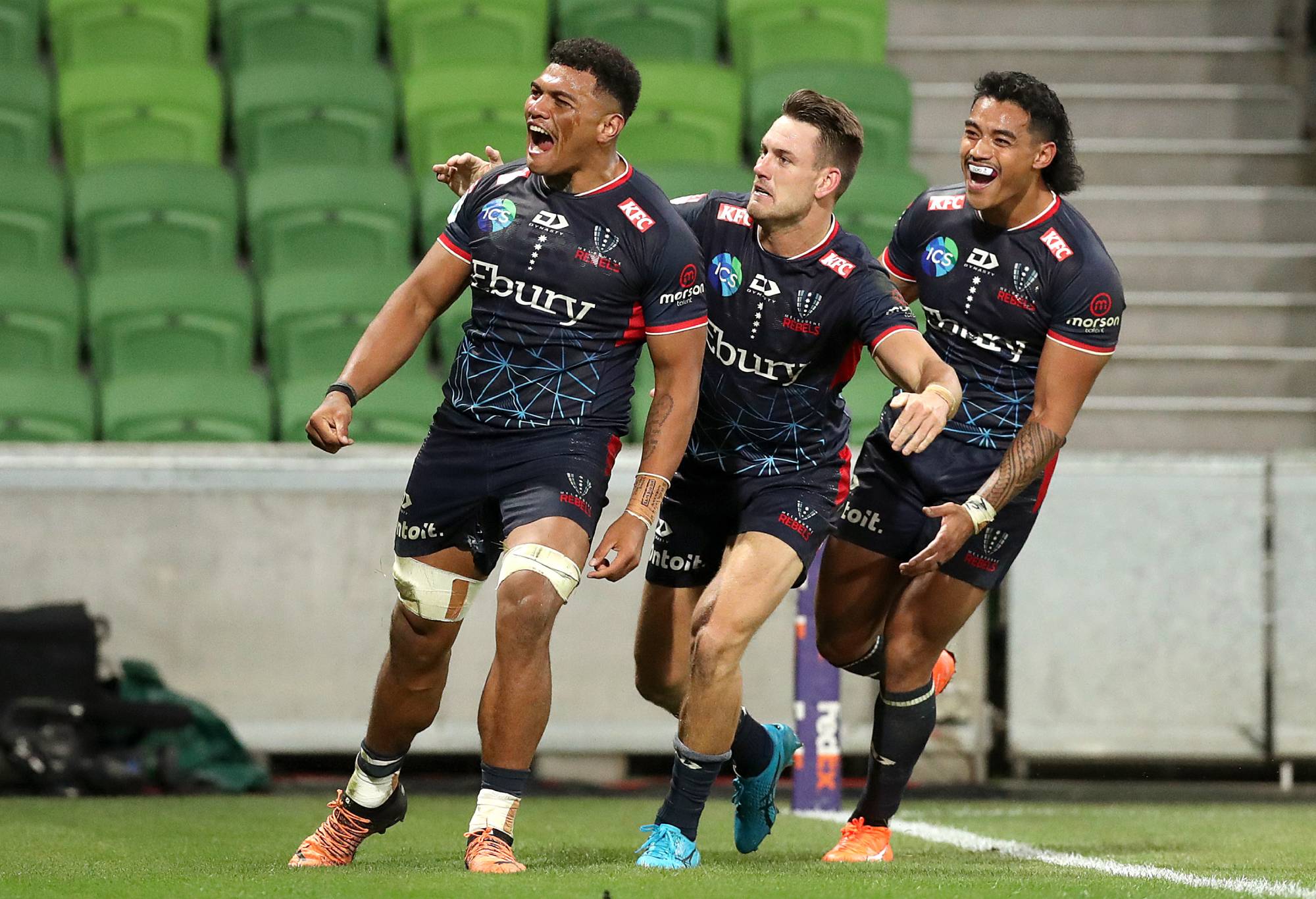AZ
new author
Roar Rookie

To me, it is as a straightforward decision as they come; New Zealand Rugby, Rugby Australia, SANNZAR and the Super Rugby commissioner should be looking into expanding the competition by 2026.
The current playoff structure looks really odd for the competition which makes it boring for the viewers when they already know who is more likely to be in the playoffs every year now – basically, it is the Kiwi sides.
Australian Super Rugby teams are growing weaker as New Zealand-based teams grow stronger. Teams play each other with no meaning, always seeing each other every year which makes it even more boring. So, why is Super Rugby not looking at changing for the better?
NZ rugby teams have basically dominated the past twenty-five strong years in the competition – and they will continue to do so if the playoff structure and amount of teams in the competition are kept the same in the long-term future.
The answer to fixing this issue is by expanding the number of teams on both the New Zealand and Australian sides of the Tasman.
It should be expanding to seven NZ-based teams, with the addition coming from either Tauranga, Napier, New Plymouth or Palmerston North. They could make the next team a Mid-Central North Island team where they alternate venues, such as New Plymouth/Palmerston North, which would make ideal sense. Taranaki Rugby is also producing a lot of internationally capped players and is likely to continue creating more, along with Palmerston North.
The same goes for RA with expansion to seven Australian-based teams, which would give a combined total of 14 in the men’s competition, but I will get to the Aussies a bit later.
The NZ Super Rugby player pool is a huge concern due to too many international cap players going unused. For the likes of Blues, Chiefs and Crusaders, some of the players do not get 15 or more matches under their name a year due to too many internationally capped players or same age level, by having to compete against each other for a spot in the 23 squad match day.
It is time NZ Rugby took more action on this issue by talking and negotiating with their contracted based from Blues, Chiefs and Crusaders to move to Australian-based teams since too much player pool competition going on and see the benefits of making the move to Australia.
It is a good opportunity for NZR players in case they cannot get contracts outside of their home country. The players with less than 10 international caps are the ones very unlikely to be picked up by international clubs, that is unless the player has the capability of changing country allegiance and is very likely to play for the country chosen.
Not only that, the players are unlikely to be picking up game time in NZ super sides due to same age level competition (young internationally capped vs young developing/potential international capped) battling out for a place in match day line-up.
If there was an expansion team for Australia, it would be the perfect place for ‘young internationally capped NZR players’ to be based. The player pool stays the same for RA players meaning opens space for Kiwi players looking towards moving to RA sides, along with helping Aussie-based sides with transferable knowledge and skills.

Tom Hooper of the Brumbies. (Photo by Mark Nolan/Getty Images)
For both NZR and RA, it would open the market for young internationally capped NZR contracted players who want to be given options to either move to Australia or stay in NZ where they are able to play 15 or more matches. All Kiwi players should also look to strengthen their ties with Argentinan rugby (UAR) since they are part of SANNZAR.
NZR and UAR should strike a players deal with each other which would enable UAR-contracted players in NZ Super teams if they cannot find any suitable or experienced internationally capped players willing to come to New Zealand to help uplift knowledge and skills.
Having UAR-contracted players would uplift NZR-contracted players’ skills due to exposure playing with and against them in the competition. Not only that, it would help UAR even more through the development side by creating a pathway since NZ is a ‘rugby nation’ and good at developing its own rugby players.
An expansion to 14 teams would open the player market for NZR-contracted players by giving them more options on their futures.

Vaiolini Ekuasi of the Rebels. (Photo by Kelly Defina/Getty Images)
One problem on the Australian side of the Tasman, I do not believe that RA has the funding for an expansion team. If there was one, it should base a team in either NSW (Penrith or Parramatta) or Queensland (Gold Coast or Townsville). One way around it is joint ownership with UAR, meaning they form a combined team owned by ARU (50-70% owned) & UAR (50-30% owned). That way Argentinian players do not have to travel long distances to play in competition.
Over time Australia and Argentina should look to expanding more teams in the future, as it would improve relations between RA-UAR and SANNZAR-UAR because it would help players entering the professional development market be able to properly develop and compete.
That way, UAR in the future, can compete in professional competitions, just like the UAR-based Jaguares competed in Super Rugby – and teams will be able to compete with each other in their own fully professional competition or representative continent (not like Super Liga Americana de Rugby, which is semi-professional).
Therefore, I believe that Australian Super Rugby sides and RA would benefit hugely from an expansion; the wider access to the player market, improved relations between governing unions, better playoff structure based on the number of teams and lastly improved Super Rugby playoffs.